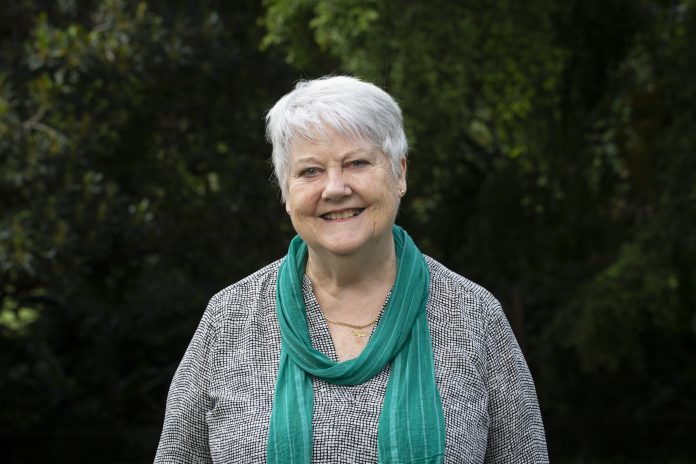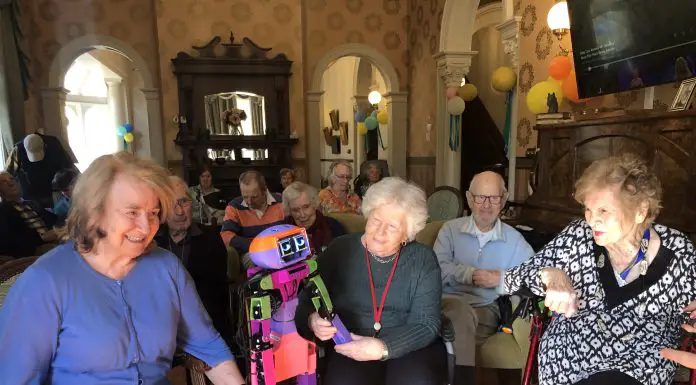In this guest post, Bobby Redman, who is living with frontotemporal dementia discusses the results of a recent survey, which revealed that one-third of Australians find those living with dementia to be a source of fear. This survey was released during Dementia Action Week in September – find it here.
As someone who lives with frontotemporal dementia, I found it very confronting to read that, almost a third of Australians find people with dementia frightening.
This shocking statistic was from a recent survey that also showed that 61 per cent of Australians would rather not think about dementia.
At some level, I understand this fear and avoidance of dementia.
Possibly it is based on what people see in popular culture, which tends to skew towards the dramatic and shocking rather than the reality.
If people are basing their views on dementia on a stereotype of somebody who is violent or aggressive, they’re seeing an extreme.
I believe that people’s fear of those of us with dementia doesn’t come from a place of malice – it’s generally due to a lack of understanding.
Bobby Redman
If you know someone with dementia, you’ll realise that we’re just regular people with an illness and sometimes that may impact the way we behave or think.
I have met a lot of people who live with dementia through my advocacy work raising awareness about discrimination, yet I’ve never met anybody who really scares me.
Unfortunately, the opposite is generally the case – we’re often much more frightened of venturing out into our communities.
Even something as seemingly ordinary, such as going to a shopping centre, presents challenges for someone like me. The confusion that can be created by this sort of environment where there are lots of people, noise, bright lights and visual clutter is something people may not even consider.
Yet it can be very overwhelming for us so when someone stops and provides a little support, it can make a world of difference to our experience.
The reality is that about two-thirds of people with dementia live in the community.
We are your neighbours, your customers, the person you walk past in the street.
So what’s the answer to breaking through the fear?
What we need from you is not to be feared but a greater understanding of the challenges we face which will go a long way to creating more caring communities that would benefit a lot of people, not just those of us living with dementia.
We need to get back to the approach of people in the community looking after each other and not assuming that everybody can manage at the same level.
You may not know whether someone has dementia but there are lots of people in our community who would benefit from just that little bit of extra time and consideration.
Sometimes it is as simple as good old-fashioned customer service – taking time and showing respect to other people.
I often find that in public places signage can be very confusing and it is wonderful when someone steps up to assist as I find myself becoming stressed and agitated when I can’t find my way.
The libraries in my local area on the Central Coast of New South Wales have provided staff with some basic training on the support they can provide to people living with dementia.
Many now have a dementia-specific area, with a quiet comfortable space overseen by staff ready to step up and offer assistance as needed.
Quiet hours in major supermarkets and some shopping centres are now quite common, and I have often heard staff say that it is their favourite time as lights are dimmed slightly and loud pumping music is switched for more relaxing sounds.
Simple actions like these don’t just make things easier for people like me who are living with dementia, they create a kinder more considerate society that benefits everyone.
I’d like to think that things are getting better with a greater focus from many businesses recognising the different needs for access and inclusion of people living with invisible disabilities like dementia.
After all, if it’s good for people living with dementia, it’s good for everyone.










